Most of us know that gardening benefits our bodies and makes us happy. Even so, it’s very cool to see how research backs up why gardening improves both your mental health and your immune system! If you’re resolved to live a healthier lifestyle, eat better, and exercise more, gardening can give you all of these.
Many studies have shown that gardening improves people’s health and well-being. There have even been studies that show that people who garden live longer! Over a decade ago, author and longevity expert Dan Buettner visited communities known for having many centenarians (people who live to be 100 or older) to discover the secrets to their well-being and longevity. He was surprised to see one common and shared activity: Gardening!
Sense of accomplishment
The world may be chaotic, but we can bring some sense of order to the garden, even for a little while. It is rewarding to look out on a neatly weeded and mulched vegetable plot or a well-planned flower bed bursting with color! Providing fresh fruits and vegetables for your dinner table is another huge accomplishment.
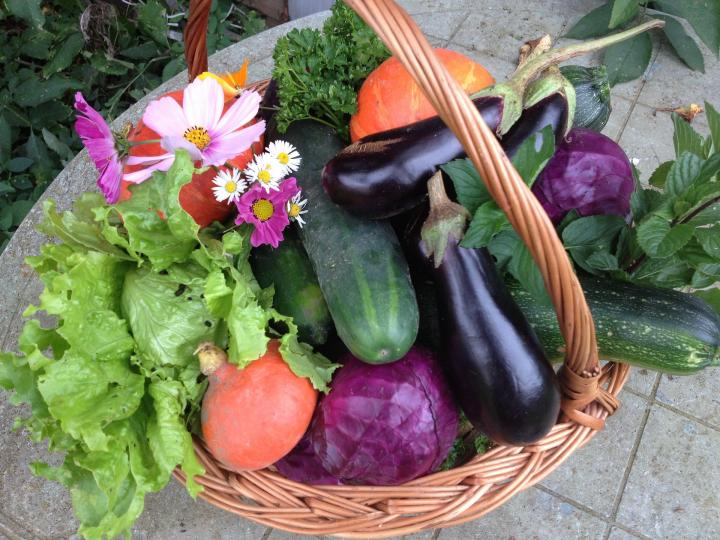
2. Fresh Food
Adding more fruits and veg to our diets is the first step to a healthier lifestyle. What could be better than eating freshly harvested food from your own garden? Growing your own allows you to try new things. Who knew how delicious a tomato could be until you picked one and ate it warm right off the vine?
3. Mental Health
Gardening’s biggest benefit is probably mental well-being. Of course, being physically active contributes to this, but studies also report that gardening lowers stress and anxiety, aids depression, and even contributes to a sense of meaning.
Did you know that soil microbes improve mental health? Yes, dirt contains a natural antidepressant. The bacteria “Mycobacterium vaccae” has been found to increase serotonin levels, which makes us more relaxed and lifts our mood. For those who lack serotonin, you may know it’s linked to depression, an anxiety reducer, and mood lifter. And for those of us addicted to gardening, could this be the reason why? What better drug than Mother Nature (with no chemical side effects)?
Working in your garden can be a meditative activity. A simple chore such as weeding, deadheading, picking beans, or spreading mulch provides time to calm down, decompress, and empty your mind of stressful thoughts. Gardening gives you a chance to live in the moment. Slow down, take time to observe the plants and insects, and be mindful of the chore at hand instead of worrying about a myriad of things beyond your control. It can be very therapeutic.
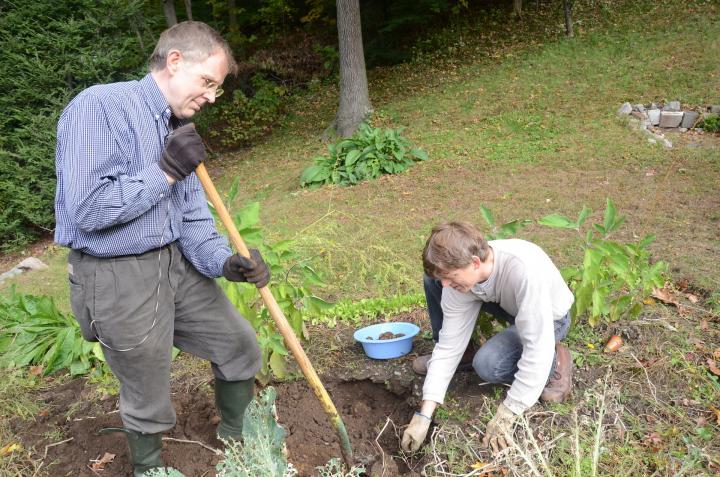
4. Exercise
Of course, gardening is exercise. Think of all you do: pulling weeds, digging in the dirt, shoveling mulch, hauling bags of soil, raking, and carrying a watering can or lugging a hose around. Gardeners log more physical activity than those who don’t garden. Studies show that this increased activity leads to better cardiovascular health with lower rates of stroke and heart attack, lower cholesterol, and lower blood pressure.
Working in the garden can be as strenuous as you want to make it. Instead of using the wheelbarrow, carry two buckets to fill and lug, making sure your load is evenly distributed. Dig and hoe by hand instead of using a rototiller. Put away the noisy leafblower and pick up a rake. Build a stone wall. Squatting and lifting, bending and twisting. The garden can be your green gym.
5. Money-saving
Growing even a small plot of the vegetables that your family likes to eat can save you a boatload of money. Your home-raised organic produce is a valuable commodity especially when you compare it to the price of organic veg in the grocery store.
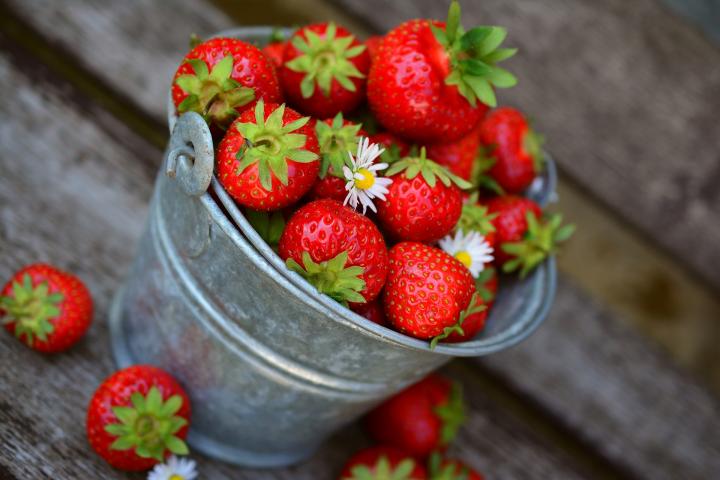
6. Peace of Mind
Knowing where your food comes from and what went into it means you won’t have to second guess the safety of your food. No worries about recalled lettuce or pesticide-laden strawberries. Take food security a step further by preserving some of your seasonal bounty for later use. If there is a snowstorm or truckers go out on strike you will still have food in your pantry to fall back on.
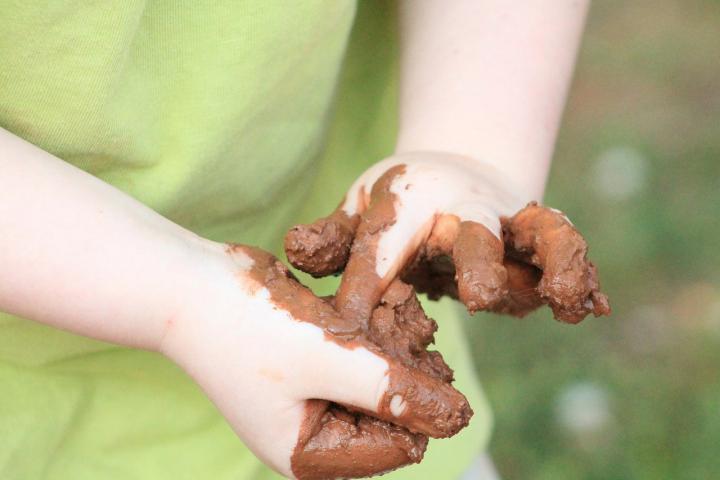
7. All in the Family
Get the kids involved! Not only is it important for them to know where their food comes from, studies have shown that children are more likely to eat what they have helped grow—and even kids are happier when they garden!
Oh sure, they may whine and complain at first but eventually the lure of soil and water and the antics of birds, bees, and butterflies will entertain them. They will be learning important life skills and may grow up to be better stewards of the planet. At the very least it will get them off the couch and out in the fresh air for a bit.
Other studies have shown that couples who garden together last longer together, too.
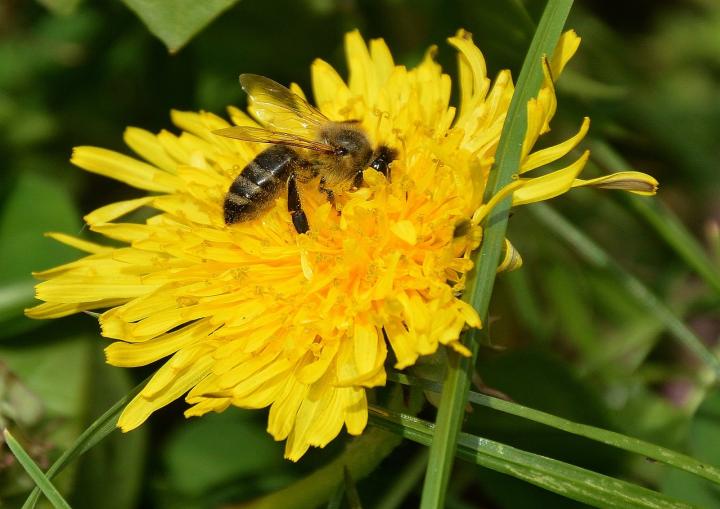
8. Lifelong Learning
There is always something new to be learned in the garden. Keep your mind sharp by closely observing nature in all its intricacies. What plants are certain bees are attracted to? Why are some flowers so similar while others are so different? How is a sudden change in the weather going to affect my garden? Lessons in botany, entomology, meteorology, and more are just outside your door.
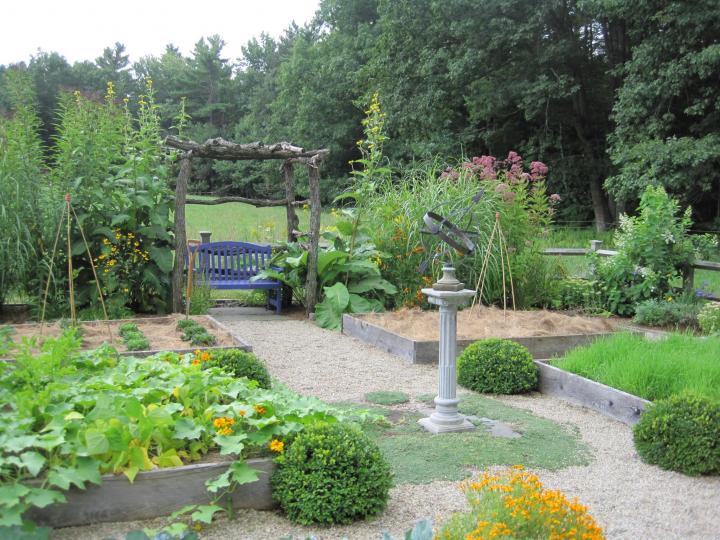
There is a Chinese proverb that goes something like this:
“If you would be happy for a week, take a wife;
If you would be happy for a month, kill a pig,
But if you would be happy all your life, plant a garden.”
Though I have never had a wife or killed a pig, my garden, though frustrating at times, has been a steady source of joy.








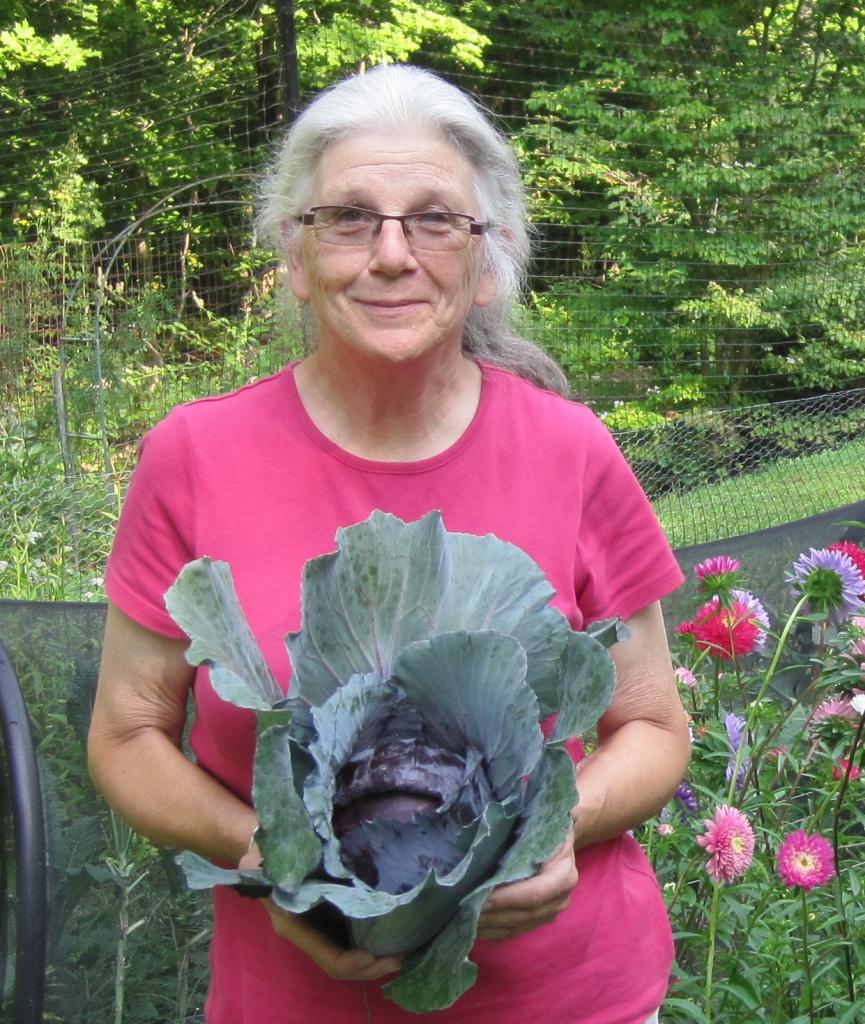







Comments